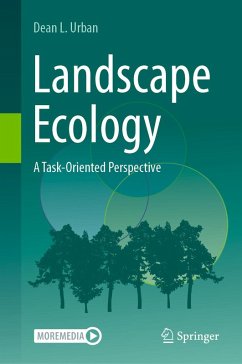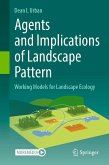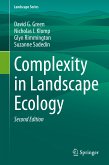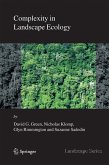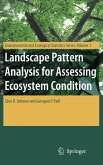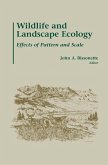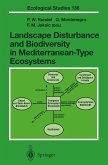This is methods/tools textbook that covers the fundamental tasks in research and management at the landscape scale. It brings together tools from a range of disciplines and presents them in a natural workflow that a practitioner can appreciate. Alternative texts cover a narrower range of topics and/or present the information without reference to a natural workflow. The book begins with 2 fundamental applications that introduce the scope and challenges of working at the landscape scales (sampling design and species distribution modeling). These motivate several chapters that 'digress' to cover the primary tools that ecologists use to work with multivariate and spatial data. The book then returns to applications including site prioritization, interpreting (and forecasting) landscape change, and integrated assessment. The tasks themselves follow a logical workflow of collecting and analyzing data, applying the analyses to management decisions, and interpreting the outcomes of these decisions in an integrated framework.
This book stems from two graduate-level courses in Landscape Ecology taught at the Nicholas School of the Environment at Duke University. The subject has evolved over time, from a concepts-based overview of what landscape ecology
is, to a more applied practicum on how one
does landscape ecology. As landscape ecology has matured as a discipline, its perspectives on spatial heterogeneity and scale have begun to permeate into a wide range of other fields including conservation biology, ecosystem management, and ecological restoration. Thus, this textbook will bring students from diverse backgrounds to a common level of understanding and will prepare them with the practical knowledge for a career in conservation and ecosystem management.
Dieser Download kann aus rechtlichen Gründen nur mit Rechnungsadresse in A, B, BG, CY, CZ, D, DK, EW, E, FIN, F, GR, HR, H, IRL, I, LT, L, LR, M, NL, PL, P, R, S, SLO, SK ausgeliefert werden.

